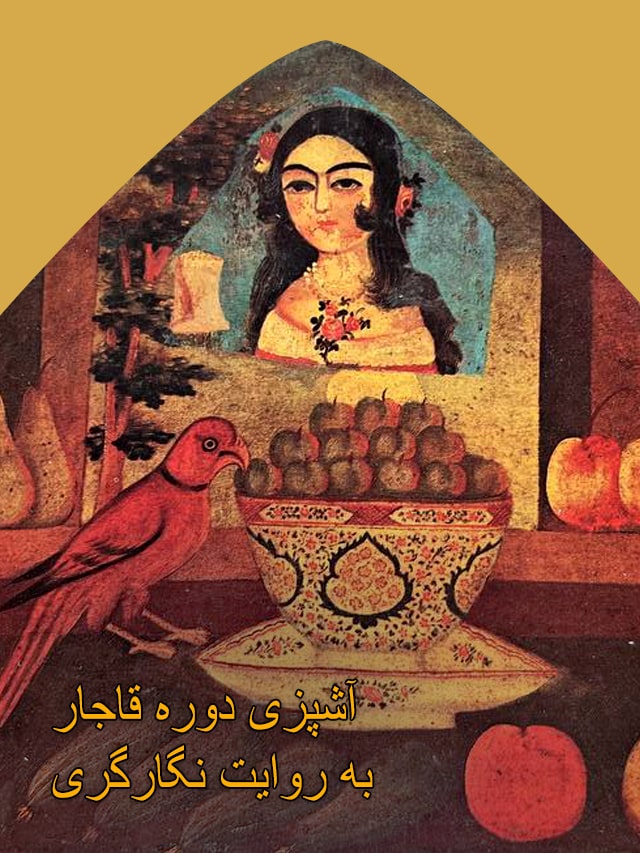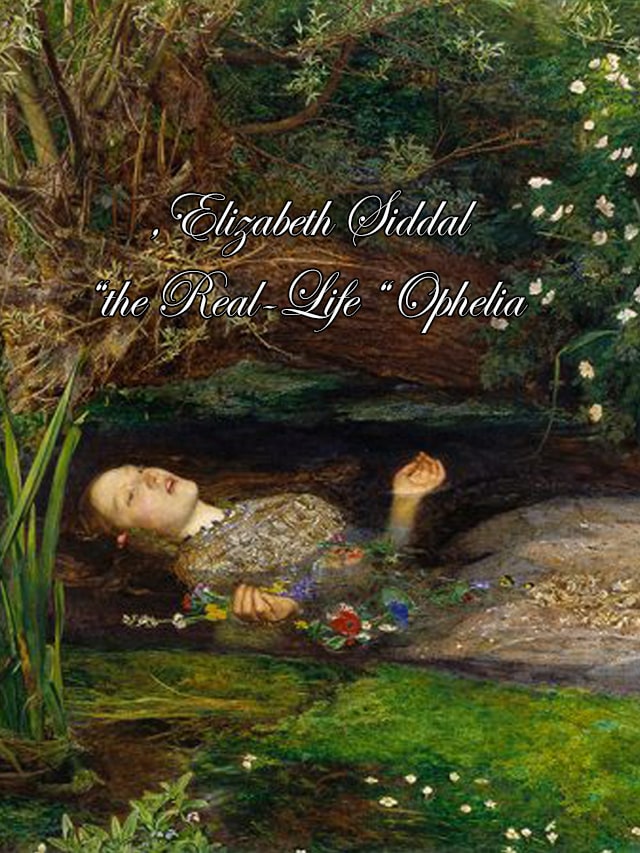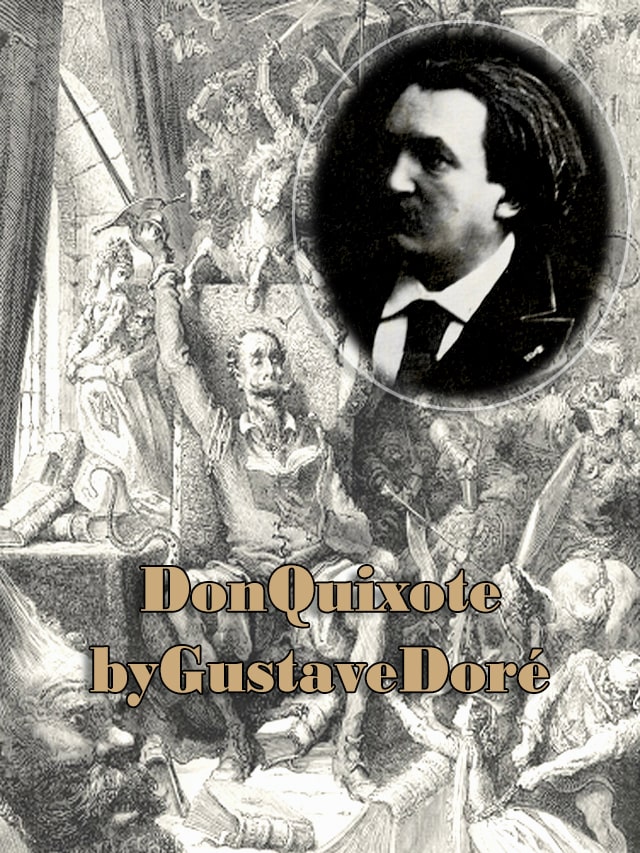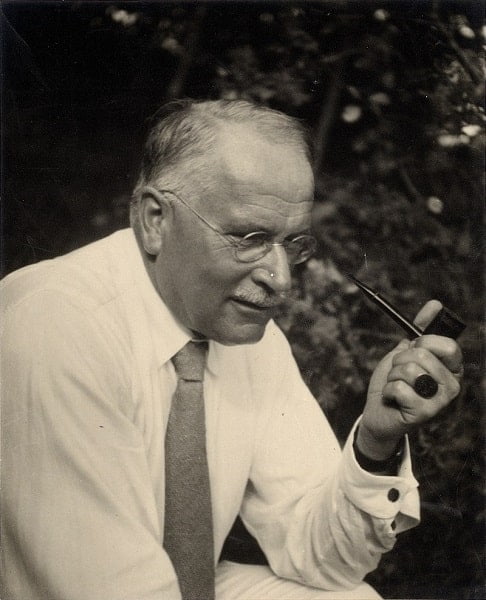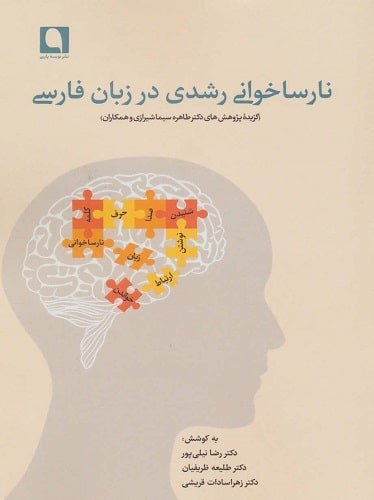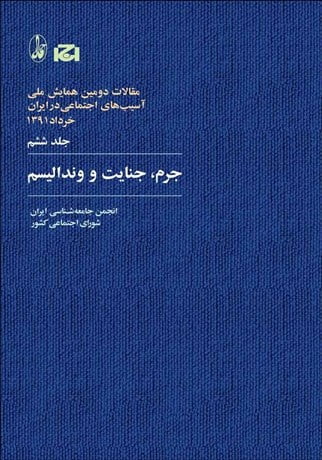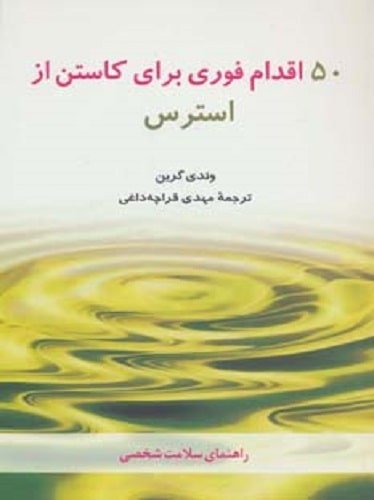About Carl Gustav Jung
Jung’s writings focus on the concept of the collective unconscious, which is a shared pool of knowledge and experiences that all people possess. He believed that this collective unconscious was an expression of the collective psyche of humanity, which he called the “archetypes”. These archetypes, which are also referred to as “archetypal images”, are believed to be the source of all human behavior and experience.
Jung’s theories about the collective unconscious have had a major impact on the field of psychology, and have been used to explain many aspects of human behavior. He developed a system of psychotherapy called Analytical Psychology, which focused on understanding and exploring the individual’s unconscious mind. His work has also been influential in the fields of depth psychology, dream analysis, and psychoanalytic psychotherapy.
Jung’s Biography
Carl Gustav Jung was born on July 26, 1875, in Kesswil, Switzerland. He was the fourth child of a Protestant Clergyman and his wife. From an early age, Jung was fascinated by his dreams, fantasies, and the natural world around him.
In 1895, Jung began his medical studies at the University of Basel. After completing his degree in 1900, he went on to specialize in psychiatry at the Burghölzli Mental Hospital in Zurich. During this time, he became interested in Sigmund Freud’s theories of psychoanalysis and the two corresponded for several years.
In 1912, Jung left Burghölzli and opened his own psychiatric practice in Zurich. He developed his own school of psychology, which he called Analytical Psychology. This school focused on the unconscious mind, the collective unconscious, and the importance of symbols in understanding the human psyche. He was also a pioneer in exploring the concept of the “shadow”, which is the part of the psyche that is hidden from conscious awareness.
Click to read more about jung’s Biography.
Jung and Freud’s Collaboration
Jung and Freud’s collaboration was a landmark in the history of psychology. It began in 1906 when Jung visited Freud in Vienna, and it lasted until 1912 when the two had a falling out. Throughout this period, the collaboration was a key source of inspiration to both of them, and it produced some of the most influential ideas in modern psychology.
The collaboration began when Jung read Freud’s book The Interpretation of Dreams, which sparked his interest in psychoanalysis. In 1906, Jung visited Freud in Vienna and the two began to discuss their theories. Jung was particularly interested in Freud’s ideas about the unconscious and the power of the unconscious mind, which had a profound effect on his own thinking.
The two men developed a close working relationship, and Freud began to refer to Jung as his “crown prince”. They began to develop a common language and method of working together. This included techniques such as free association and dream interpretation, which are still used today.
The collaboration was based on a mutual respect and admiration for each other’s work. Jung was an admirer of Freud’s theories and saw them as a powerful way to understand the human mind. Freud, on the other hand, was impressed by Jung’s knowledge of mythology and his ability to make connections between the unconscious mind and mythology.
The collaboration was also a source of great creativity. Freud and Jung both developed new methods and theories. Jung’s concept of the collective unconscious was revolutionary, as it suggested that the human mind is connected to an underlying source of universal knowledge and symbolism. This concept would later become one of the founding principles of analytical psychology.
The collaboration ended in 1912 when Jung began to diverge from Freud’s theories. Freud felt that Jung was becoming too independent and was no longer following his teachings. Despite this, the collaboration had a lasting impact on both men. Freud’s theories of the unconscious, libido, and repression remain influential today, while Jung’s ideas about the collective unconscious and its symbols continue to inspire new generations of psychologists.
Ultimately, Jung and Freud’s collaboration was a landmark moment in psychology that had a profound influence on the development of modern psychoanalytic theories. It was a fruitful and creative period that sparked new ideas and approaches to understanding the unconscious mind.
.Click to read more about jung’s Collaboration
Jung’s religious beliefs
Carl Jung was a Swiss Psychologist and Psychoanalyst who founded analyrical psychology. He was a deeply relogious man, with a strong beleif in the collective unconscious and the power of spiritual symbols. He believed in the importance of underestanding the spiritual aspects of the human psyche in order to achieve full psychological health.
jung viewed religion as part of the collective unconscious, and he believed that the individual can access spiritual truths through his or her own inner journey. He was strongly influenced by Eastern religion and philosophy, particularly Taoism and Buddhism, and he often sought out spiritual answers in his own dreams and visions. He also believed in the power of symbols and rituals to help people to connect with the divin.
Click to read more about jung’s religious brliefs.
Jung’s theories were strongly influenced by his own personal experiences and his exploration of eastern philosophies and religions. He was deeply interested in the exploration of the human psyche and its relationship to the collective unconscious.
Jung’s ideas and theories have had an enormous impact on the field of psychology, and his legacy continues to be felt in many areas of study.
His writings are some of the most widely read and studied in the field, and his influence can still be seen in many aspects of modern psychology. He was a brilliant thinker and a pioneer who opened up a new way of looking at the human psyche, and his work continues to shape and influence the field of psychology today.
.What is your opinion about Carl Gustav Jung? Comment it
یونگ


